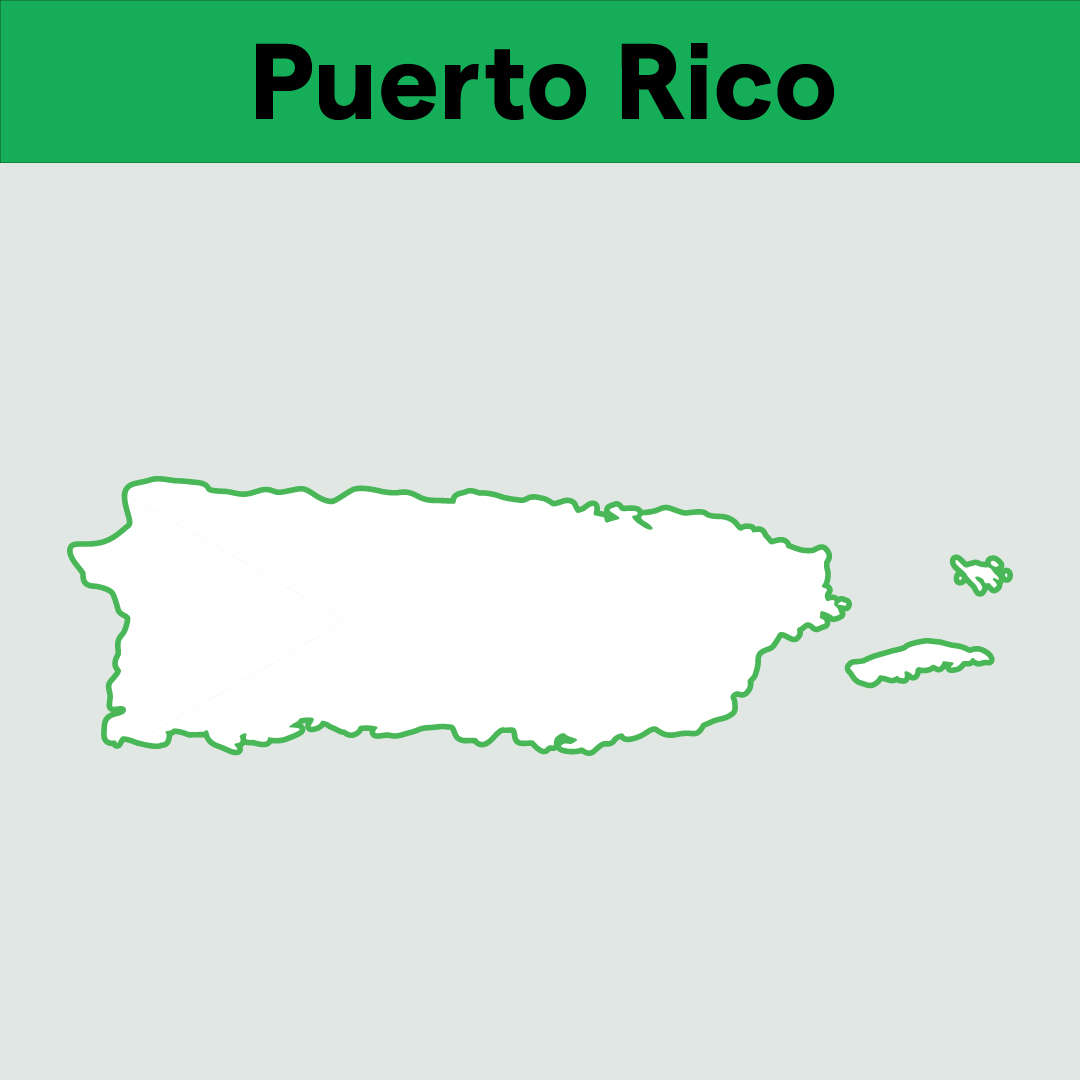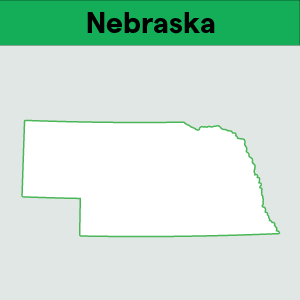What nonprofits need to know about sales tax
by February 16, 2024
Please note: This blog was originally published in 2021. It’s since been updated for accuracy and comprehensiveness.
In many ways, nonprofit organizations are treated differently at tax time by the IRS. We tend to think of “taxes” as “tax on profits” and we conversely tend to think that nonprofits don’t have profits and thus no need to deal with taxes.
After all, it’s right there in the name!
As it turns out, “not needing to worry about taxes” is just one of many misconceptions people tend to hold about nonprofit organizations.
One tax that nonprofits do generally have to deal with? Sales tax.
Let’s dig in.
Nonprofits and sales tax, explained
For the purposes of this article, we are referring to 501(c)(3) entities – these are classified in the US as: “Religious, Educational, Charitable, Scientific, Literary, or Prevention of Cruelty to Children or Animals Organizations.” There are other classifications of nonprofits —such as social clubs or labor unions — and they may or may not be subject to the same general sales tax rules we detail in this post.
Sales tax is governed at the state level. This means that each of the forty-six US States (plus Washington DC) that have a sales tax make their own rules and laws when it comes to how companies, including nonprofits, are required to charge and pay sales tax.
Further, sales tax is a tax on the consumption of goods. When you go to the store in a state with a sales tax and purchase an item, chances are you’ll pay 4-10% of the sale price of that item in sales tax. Since sales tax isn’t income based, the income based tax exemptions that some nonprofits enjoy don’t apply.
Nonprofit organizations are sometimes exempt from paying sales tax, but only in limited cases. For example, nonprofits in Utah are exempt from paying sales tax when purchasing items that help them fulfill their mission. So, a literacy charity would be exempt from paying sales tax when purchasing books or study guides to help people learn to read.
Nonprofit organizations that sell items (and sometimes services — such as admissions or tours) are generally required to collect sales tax on those items just like any other business, but again, with some exceptions.
Let’s take a closer look.
Do nonprofits need to pay sales tax when purchasing items?
This depends on the rules for nonprofits in your state. In many states, nonprofits are required to pay sales tax just like any other individual or entity when making a purchase.
But in cases where nonprofits are not required to pay sales tax, such as the Utah example above where a literacy organization would not be required to pay sales tax when purchasing books, that nonprofit must present a valid exemption certificate at checkout.
A sales tax exemption certificate, also known as a resale certificate, is presented to a seller by a buyer. The sales tax exemption certificate proves to the seller that the buyer is a legitimate nonprofit and not required to pay sales tax.
As with any tax form, each state has its own exemption certificate and requirements. For nonprofits, exemption certificates typically require:
- Entity name
- Entity’s sales tax registration number
- Seller’s name and contact info
- Buyer’s (entity representative’s) name and contact info
- List of property purchased
- The date
- A valid signature
- Other information on a state-by-state basis
It’s important that the nonprofit’s representative completely fills out all the information required by the state. This is because the onus to ensure that the exemption certificate is valid is on the seller. If an exemption certificate seems fishy or doesn’t check out, the seller may refuse to sell to the nonprofit, or insist on charging sales tax.
Do nonprofits need to charge sales tax when making sales?
This is another “it depends on the state” situation.
Most states require nonprofits, just like any other business making retail sales, to charge sales tax when selling taxable products or services. That’s as long as the product or service is taxable in the state.
So, if a nonprofit sells souvenir stuffed animals, they would likely charge sales tax on those stuffed animals in every state with a sales tax. But if a nonprofit sells t-shirts, they would only be required to collect sales tax in states that require the collection of sales tax when selling clothing.
The same goes for services or admission. A nonprofit that offers a service, such as tax preparation services for domestic violence survivors, would be required to charge sales tax if the state considers tax preparation service taxable and if the state requires nonprofits to charge sales tax.
In Georgia, admission to an attraction such as an historic house is taxable, therefore a nonprofit that sells admission to a historic home in Georgia would be required to collect sales tax. But in other states, admission or tours are non-taxable, so a nonprofit, just like any other business, would not be required to charge sales tax on that transaction.
Some nonprofits are not required to collect sales tax as long as the proceeds go toward funding their mission. For example, in California nonprofits selling items to relieve poverty are exempt from charging sales tax, as long as that sales tax was produced or prepared by the nonprofit. In California, brownies “produced” and sold by a nonprofit who uses the proceeds to relieve poverty are non-taxable.
Common nonprofit sales tax mistakes
Just like any retailer, nonprofits can hit pitfalls when dealing with sales tax. Here are the most common mistakes nonprofits should look out for:
Misunderstanding sales tax rules as they pertain to nonprofits
It’s very easy to make the mistake of mixing up income tax and sales tax. Perhaps your accountant has informed you that you are not required to pay state income tax. This doesn’t generally mean that you are also exempt from paying or collecting state sales tax.
However, your state could still provide you with some sales tax breaks, especially if you are a charitable organization in the education or health space.
It’s very important that, when starting or taking over a nonprofit, you speak with a tax expert who is familiar with sales tax rules for nonprofits in the state where the nonprofit organization will operate. We’ve compiled a list of vetted sales tax professionals who can help.
Failing to register for a sales tax permit
Any retailer, for-profit or nonprofit, must register with the state before collecting sales tax. They must also register with the state before using an exemption certificate to make non-taxable purchases from other businesses.
When registering, be sure to indicate that your organization is a nonprofit, since some states do make exceptions or have different sales tax rules for nonprofit organizations.
Not charging sales tax on taxable transactions
This can get complicated, simply because what produces and services are and are not taxable gets complicated.
For example, items considered “necessities,” like groceries, clothing and textbooks, are not taxable in some states, but are taxable in other states. In still other states, they are taxable at a lower rate, or only taxable at the state level but not taxable at the local level. Use a service like the TaxJar API to ensure that you are collecting sales tax at the right rate on the items that you sell.
Incorrect or missing exemption certificates
If your nonprofit is permitted by state law to make purchases tax free, you must present your vendor with a valid exemption certificate. (Exemption certificates vary from state to state. See above for the various types of information they require.)
If you don’t have a valid and completely filled out exemption certificate, then you may end up having to pay sales tax at retail even though your nonprofit is technically tax exempt.
The good news is that you can apply for a refund at the state level, but who wants to do more work when the trouble can be prevented by simply having the right form in the first place?
Charging the wrong amount of sales tax
Sales tax is based on the tax rate at the point of sale. The point of sale is where the customer takes possession of an item. If your nonprofit only sells items in one location, such as at a museum gift shop, then you are only required to charge the combined state, city, county and other local tax rate of your museum’s location.
But if your nonprofit makes online sales, then things get much more complicated. First, you must determine if your nonprofit has “sales tax nexus” in the buyer’s state. If you do, then you are required to charge that buyer sales tax. Then, you must determine the combined state plus county plus city plus local sales tax rate at your buyer’s location.
Example: Say you are a Las Vegas, Nevada based nonprofit. If someone walks into your nonprofit’s store and purchases an awareness-raising magnet, you’d charge them the 8.38% Las Vegas sales tax rate, because this is the sales tax rate at your location and your location is the point of sale.
But say you also sell your magnets online, and ship one to a buyer up north in Ely, Nevada. In that case, since the point of sale is in Ely, you’d charge that buyer Ely’s combined 7.725% sales tax rate instead.
Then say you ship a magnet to a buyer in California. If you don’t have sales tax nexus in California, then you are not required to charge that buyer sales tax. But if your nonprofit does have sales tax nexus in California, then you are required to charge the buyer sales tax at the sales tax rate of their ship to address. That is unless California does not require nonprofits to collect sales tax on the item you are selling.
To say this gets complicated is quite an understatement.
This confusion around which sales tax rate to charge which customer is why we built TaxJar. With the TaxJar API, you tell us in which states you have sales tax nexus and what types of items you sell, and we ensure you collect the right amount of sales tax from every buyer, every time. This keeps your buyers happy and ensures you don’t owe any uncollected sales tax to the state.
TaxJar Reports compile all of your sales tax data from all of your sales channels, and TaxJar AutoFile files your sales tax returns on your behalf so you can get back to serving your nonprofit’s charitable mission.
Ready to automate your nonprofit’s sales tax? To learn more about TaxJar and get started, visit TaxJar.com/how-it-works.








